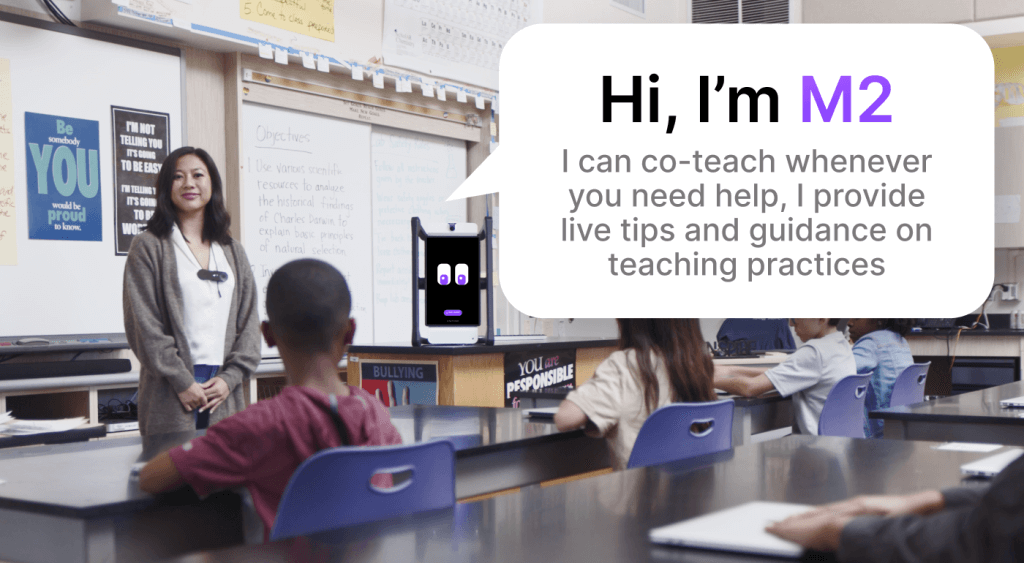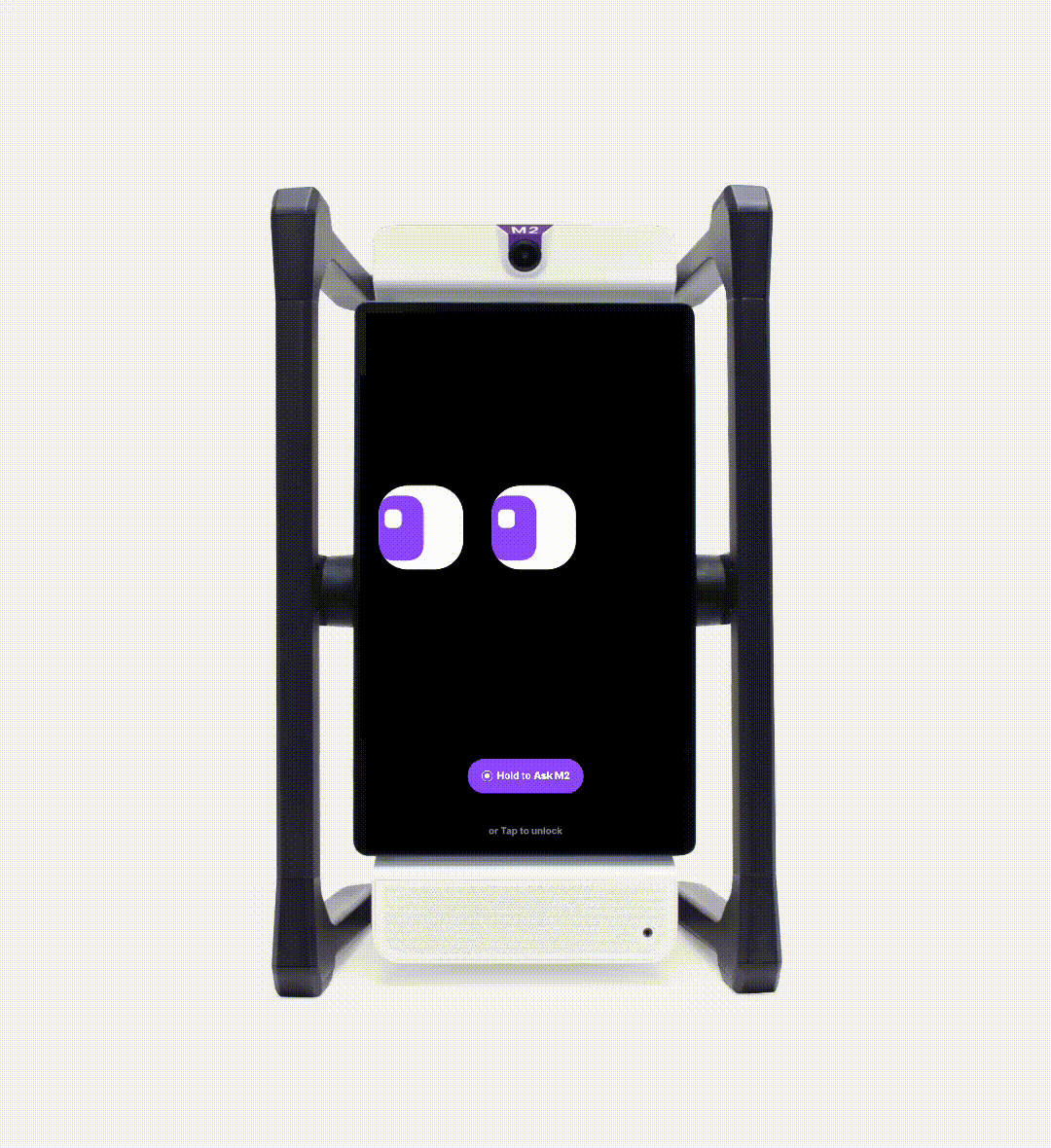
Why educators resist feedback — and why we can’t afford to anymore
Let’s be honest for a minute. Real, uncomfortable, soul-squirming honesty.
Feedback is terrifying, even for those of us who literally give it for a living.
We’re pros at saying things like:

But the moment someone flips that mirror around and aims it at us?
Cue panic.
Suddenly your mouth’s dry, your brain’s spinning, and working at Trader Joe’s — where “feedback” is someone complimenting your Hawaiian shirt — sounds wildly appealing.
Evaluations: The teacher’s pop quiz
Let’s not pretend we don’t know that lesson—the one where admin walks in, clipboard in hand, and we instantly transform into our most sparkling, smiley, Pinterest-worthy selves. We’re handing out mystery incentives like, “If we stay focused, we’ll do something… fun… later” (wink, wink).
It’s like high-stakes testing for adults.
And sure, evaluations are part of the job. But let’s be honest: sometimes they feel less like authentic coaching and more like an awkward performance — the kind where you’re smiling through gritted teeth, praying no one blurts out something wildly off-topic, and hoping your carefully crafted lesson doesn’t go completely off the rails.
Behind the scenes? It’s late nights, lesson tweaking, emotional energy, second-guessing, and “Did I really spend $200 of my own money on supplies this month?” moments. And yet, is one observed lesson supposed to sum up everything? Come on.
Why feedback feels so personal
Feedback stings because teaching isn’t just what we do — it’s who we are.
We give this job our time, our energy, our weekends, our Target runs, our souls. So when someone offers feedback — even with the best intentions — it can feel less like “Here’s how to improve your lesson plan” and more like “You, as a human being, are fundamentally flawed.”
We know that’s not true. But try telling that to your nervous system.
We say we want to grow… But do we?
Let’s just name the contradiction:
We say we’re lifelong learners.
We say we want to improve.
But when feedback actually shows up?
We dodge.
We justify.
We smile, nod… and mentally toss it into the void.
We’ve all mastered the “nod and delete.”
Why? Because feedback threatens the illusion of control. It asks us to look at what’s not working — and that’s tough when we’re already stretched to our limits.
But here’s the truth: Avoiding feedback doesn’t protect us. It traps us.
What happens when we lean in?
Here’s what happens when you stop running from feedback and start leaning into the uncomfortable parts:
- You start to see what you missed before.
- You make changes with purpose, not panic.
- You grow — not perfectly, not instantly, but honestly.
And slowly, your classroom starts to feel less like daily survival and more like the thing you came here to do: make an impact.
What if you had a teaching partner who really saw what was happening?

Now imagine this: a quiet presence in your classroom that notices the things even you might miss.
M2 catches when your questions didn’t quite land.
It picks up on the fact that only a few students were truly engaged.
M2 reflects patterns back to you — clearly, honestly, and without judgment.
Not to call you out.
Not to micromanage.
But to help you grow.
M2 doesn’t sugarcoat. But it also doesn’t shame. It just gives you the kind of insight that makes feedback conversations way more grounded — not in hunches or vibes, but in what’s actually happening, moment to moment.
So, yeah — feedback is scary.
But here’s the challenge:
Do it scared.
Do it anyway.
Do it because your students deserve your best — and so do you.
This work is hard. Vulnerability is hard. But guess what?
You’re not alone. You’re just becoming — and that’s supposed to be uncomfortable.
So let’s make a deal, teacher to teacher:
- Ask for the feedback that makes your stomach flip.
- Share the questions you’re afraid to say out loud.
- Embrace the mess, the growth, the real.
Because becoming better? It isn’t for the faint-hearted.
It’s for the brave. And we’ve got this — together.

Ready to start your M2 journey?
Fill out the form below and our team will connect with you to explore how M2 can support your teachers, students, and goals.